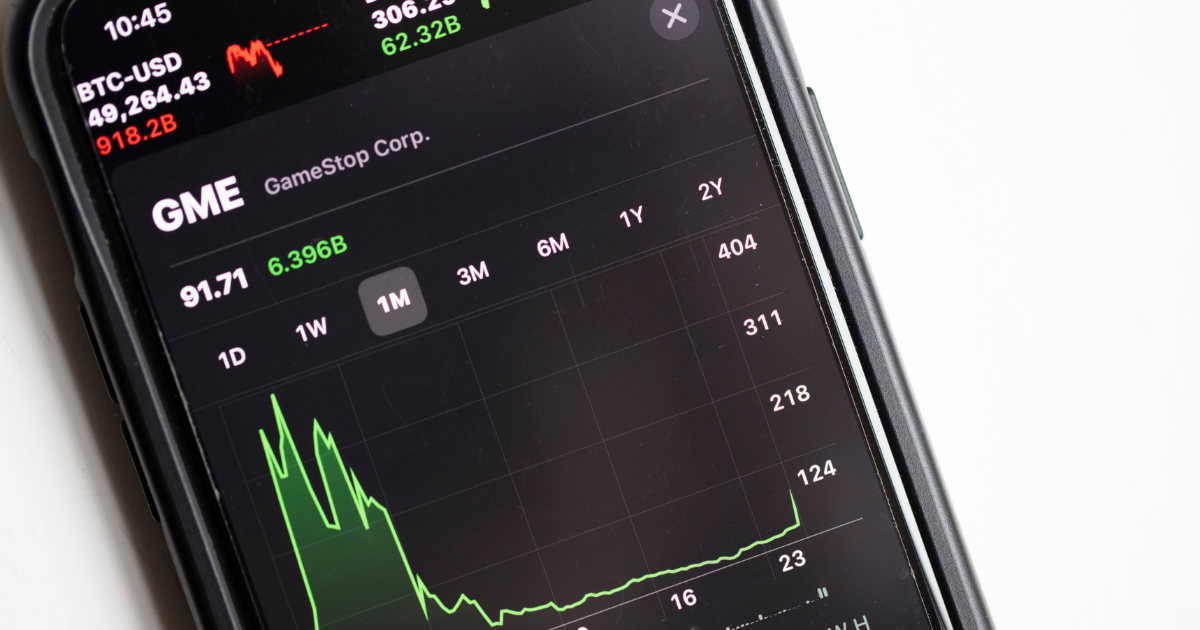Can investors be both rational and emotional?

Are stock investors 100% rational? Or is it 100% emotional? Or are you a mix of rational in some situations and emotional in others?
It’s important.
Investors are partly emotional, but not entirely rational.
Buy-and-Holders say valuation-based market timing doesn’t work. If investors are partly emotional, valuation-based market timing will sometimes be necessary to get prices back to where they were. Therefore, the idea that investors are entirely rational would be dangerous if not true. I condemn the constant repetition of claims that market timing is not right for today’s CAPE value of 34. This could be characterized as quite scary.
but… .
We have maintained high CAPE values for many years. CAPE has been high since 1996, except for the months immediately following the 2008 economic crisis. Is it really emotional that investors are complacent about high stock prices, which could continue as high as they have in recent decades?
I think it’s at least somewhat emotional. Robert Shiller’s Nobel Prize-winning research showing that valuations influence long-term returns is based on the entire historical record, not just the outlier results we have seen in recent decades. It is irrational to ignore the much larger historical record and focus on decades of good short-term results from investing heavily in expensive stocks.
Throwing away historical records is an irrational act. Anything can happen. No one can be sure that today’s high stock prices will end in tears. However, throughout history, whenever stock prices have reached current levels, it has always ended in tears. So I’m confident it’s a safe bet.
Convincing yourself that history doesn’t matter is a more frightening possibility than admitting that today’s high stock prices are bad news for stock investors. If the past doesn’t matter, there’s no sound reason to believe stocks will deliver strong returns going forward. The historical record provides an uncomfortable message for those who are heavily invested in stocks today, but a very comforting message for those who prefer to invest heavily in stocks in general.
Therefore, today’s investors do not behave in a completely rational way. If so, the CAPE value would not be what it is today. A rational investor will sell enough shares to reduce the CAPE value to a more reasonable level. However, as an investment class, they are behaving in a somewhat rational manner while maintaining confidence in stocks. I don’t see Buy-and-Holders as being completely rational. But they are reasonable in many ways.
My personal opinion is that buy and hold makes sense in all respects. Except for one thing. They are not rational in their reactions to irrational passions. They are indifferent to it. They are happy about it. They seem to be clinging to the fact that they never know when the bubble will burst. So they always choose the same stock allocation and dare to change their risk level. That’s irrational. It makes no logical sense. But in some ways it is a consistent policy. The expression preferred by holders after purchase is ‘Staying the Course.’
Failure to time the market rarely hurts investors. Prices do not soar to dangerous highs in the short term. Full-scale price crashes/economic collapses are rare. Keeping the same stock allocation works well for everything else in most cases. So there can be a distorted form of logic that supports a buy-and-hold way of looking at things.
I think it makes more sense to keep your risk profile constant by engaging in valuation-based market timing as needed. It’s about staying the course in a meaningful way. However, it is undeniable that buy and hold can seem to provide good results over the long term. That has certainly been the case from 1996 until today. That’s 28 years of stock market history. Buy and hold is rational enough that it seems entirely rational to many smart people.
Rob’s bio is here.



